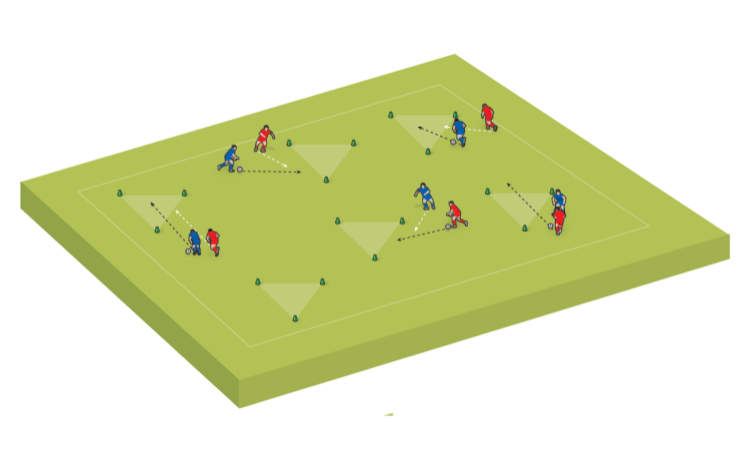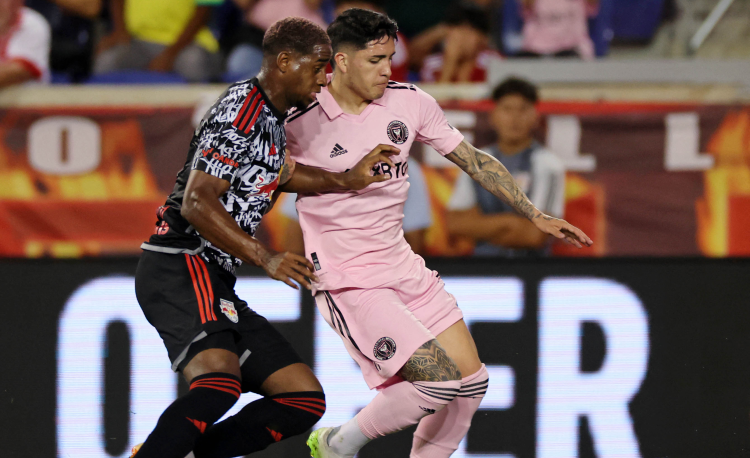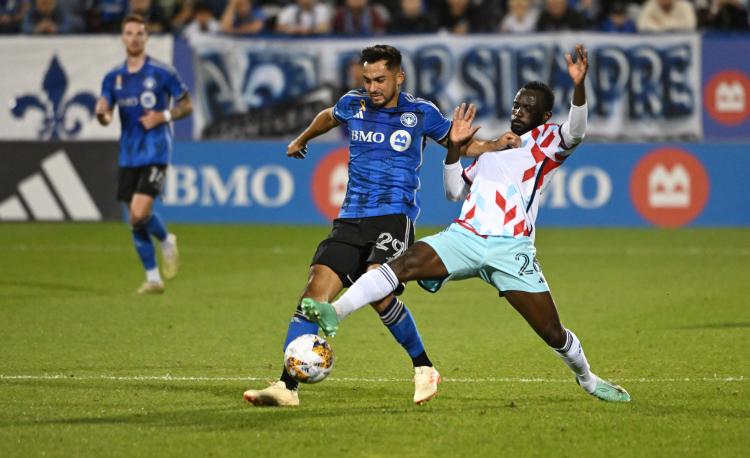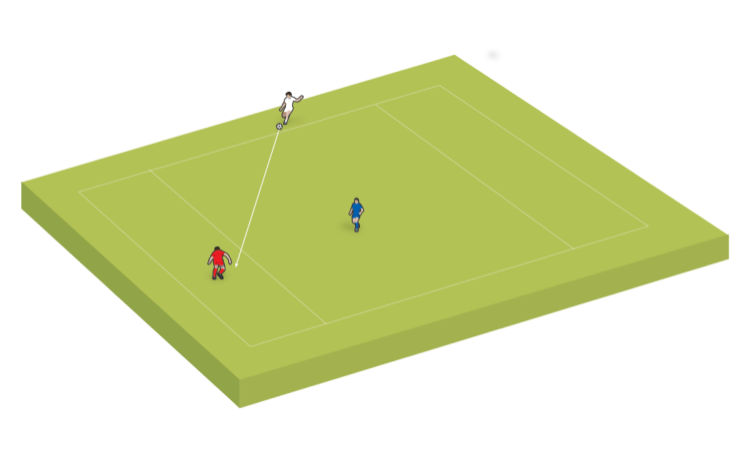Top tips for defenders
Coaching Adviceby Aaron Downes
Top tips from former Torquay United defender Aaron Downes, now the assistant manager at Torquay, on how to be better at the back
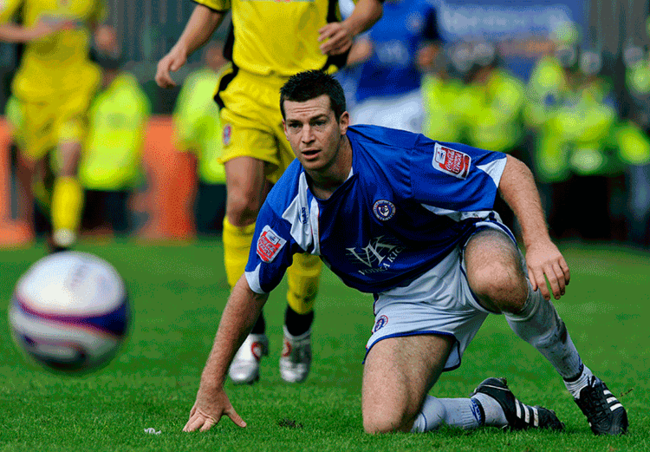
1. Hard work
It isn’t easy being a footballer. Lots of kids (not to mention quite a few dads!) want to be one, so to make it to the top, your players have to stand out as one of the best in your team, city and county. Sky Sports pundit and former Manchester United Captain Gary Neville is a great example of hard work paying off. In my book he is one of the greatest defenders of all-time because he put in so much graft. Unless your defenders have one-in-a-million natural ability then they won’t make it unless they put the effort in.
2. Focus
Great players need to put a lot of things second in order to become professional footballers, and it’s tough for kids to do that because their social lives are everything to them. But the girls and the partying has to come after football because players can’t be half-hearted about things or they won’t fulfil their potential. So many kids today fail to realise that until it’s too late. The ones who make it are generally the ones who had coaches hammering home the need for focus and commitment, right from the word ‘go’.
3. Paying attention
A lot of kids think they know it all, but even the vastly experienced former player and now manager of Wales Ryan Giggs admits he can always learn more and be better. The sooner players realise that you need to listen and take things on board from coaches and senior professionals, the better. There is a difference between confidence and arrogance, and unfortunately a lot more of today’s youngsters are swinging towards the latter, which is a shame. It’s a coach’s job to remind them just how far they still have to go!
4. Luck
It might be an element which you can’t really dictate, but at times as a defender you need lucky deflections and refereeing decisions to go your way. You can’t always time tackles perfectly or make the best connection when passing the ball, so a bit of luck will decide whether you bring down a player or make a match-saving interception. And injuries also play a big part in how a player progresses, of course. While players can’t control luck, they can control their reaction to it. Try to instil ‘bouncebackability’ into your player. Teach him that whatever the game throws at him, he’s got to get back out there and get on with it. He’ll be a much better player as a result, I promise.
Thank you for reading
to enjoy 3 free articles,
our weekly newsletter, and a free coaching e-book
Or if you are already a subscriber, login for full access
Newsletter Sign Up
Coaches Testimonials

Gerald Kearney, Downtown Las Vegas Soccer Club

Paul Butler, Florida, USA

Rick Shields, Springboro, USA

Tony Green, Pierrefonds Titans, Quebec, Canada
Subscribe Today
Discover the simple way to become a more effective, more successful soccer coach
In a recent survey 89% of subscribers said Soccer Coach Weekly makes them more confident, 91% said Soccer Coach Weekly makes them a more effective coach and 93% said Soccer Coach Weekly makes them more inspired.
*includes 3 coaching manuals
Get Weekly Inspiration
All the latest techniques and approaches
Soccer Coach Weekly offers proven and easy to use soccer drills, coaching sessions, practice plans, small-sided games, warm-ups, training tips and advice.
We've been at the cutting edge of soccer coaching since we launched in 2007, creating resources for the grassroots youth coach, following best practice from around the world and insights from the professional game.

